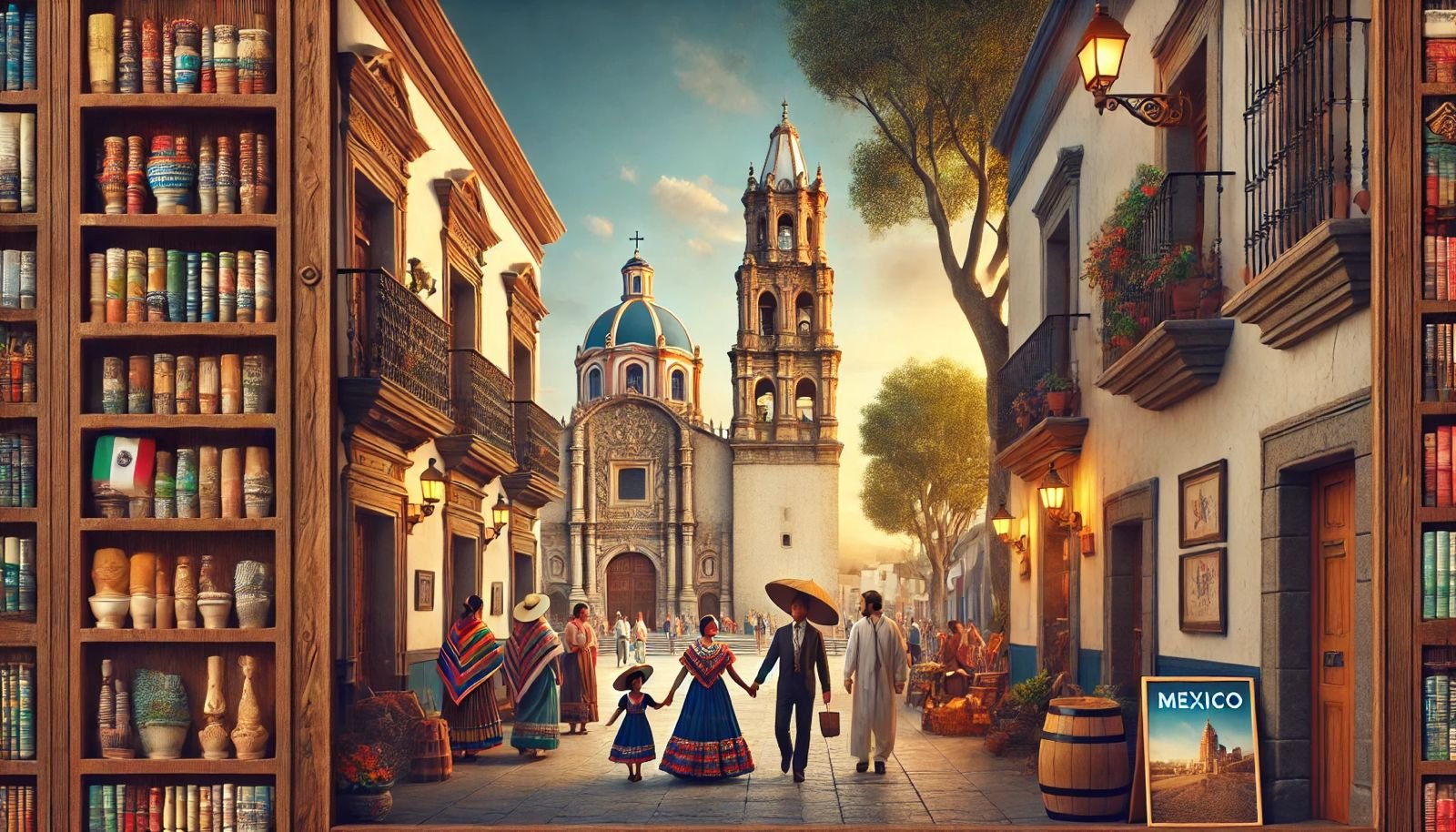Is Mérida conservative?
Mérida, the capital of Yucatán, is often described as one of Mexico’s most conservative cities. The reputation comes from its historical context, cultural values, and political landscape. Looking into the demographics, political orientations, and social customs of the city, we can attribute whether Mérida is truly conservative or not.
Cultural and Historical Context
The conservative nature of Mérida has its roots in a colonial past and the lingering impact of traditional values that have endured through generations. With a deep Mayan heritage and Spanish colonial buildings that contribute to a strong identity, the city is a vibrant place to be. This identity is particular, it’s often tied to conservative beliefs relating to family structure, belief, and social cohesion.
Social norms and values: Roman Catholicism is the dominant religion in Mérida, and its teachings have an overarching impact on shaping social norms and values. Most residents, adhere to traditional family roles and conservative views on marriage and gender roles. This cultural context nurtures a community that earlier tended to value stability and continuity over progressive change.
Political Landscape
Mérida has a political climate combining antiquity and modernity. Historically, the city has tilted toward parties such as the Institutional Revolutionary Party (PRI) and National Action Party (PAN), both of which feature conservative elements on their platform. With a history of state control and social conservatism, the PRI represented a mainstay of Mexican politics for most of the 20th century
However, in recent years more progressive parties have emerged, like the National Regeneration Movement (MORENA) that have changed the way the political landscape looks like. MORENA hasn’t lost ground nationally, but Mérida is still relatively conservative compared to other urban centers in Mexico. This is due to the demographic mix of the city and the tendency of its residents to prefer established political norms.
Community Values and Social Norms
The social structure in Mérida is tightly knit, with an emphasis on tackling civic challenges together. Local traditions and customs take precedence over individualistic pursuits. Their collectivist worldview undergirds conservative norms around family structure, schooling, and social interactions.
In Mérida, issues related to LGBTQ+ rights and reproductive health have encountered significant pushback owing to dominant conservative beliefs. This community's mind is thick with tradition — no doubt, there are activists doing important work here, but the community do not always advocate change.
Economic Factors
The economy of Mérida has seen growth stemming from tourism and real estate development. Visitors flock to the city wanting to taste its historical charm as a cultural hub. Social change has not, however, always followed the path of progress when it comes to economic growth. Most businesses concern combining traditional systems that reflect the conservative nature of the owners and their consumers.
Wages and economic conditions help push migration flows within Mexico, too. Many who have left big cities such as Mexico City are looking for a stable place for their families in Mérida. This trend often leads individuals to consider Mudanzas en Ciudad de Mexico as they transition to a more secure environment. Such an influx sometimes strengthens already conservative values as newcomers acclimate to local traditions.
Cultural Conservatism
Overall, as a result of its historical roots, cultural identity, political affiliations, and social norms, Mérida can be seen as more on the conservative end. As the traditional view until then, masking outliers of liberal thought within the community.
This is real-life information, which is important for those planning to move to this active city, as in Mudanzas en Ciudad de Mexico. This combination of history and modern challenges also means that they are interesting places to be, both for the inhabitant and for the traveler. It'll be interesting to see how these more conservative elements interact with how modern influences change the city in the future.
